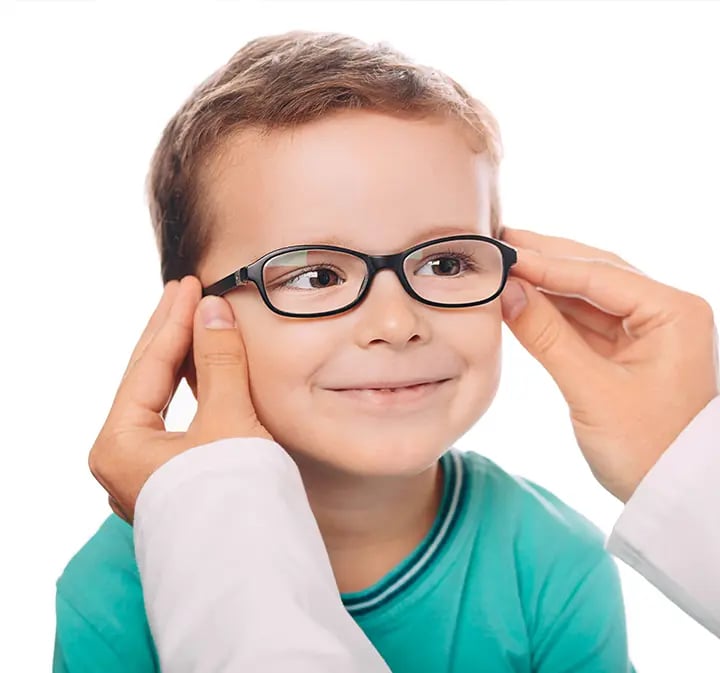Pediatric Ophthalmology

Pediatric Ophthalmology
At what age is it advisable to take my child for their first eye exam?
It is recommended that the first eye exam be done at 6 months of age. Although children at this age cannot read or say letters, there are special tests that can detect vision problems in babies.
If no vision problem is detected at the 6-month exam, another exam is recommended at 3 years of age. After age 3, an eye exam should be performed annually or as recommended by the pediatric ophthalmologist.
It is important that children receive regular eye exams, even if no vision problem is suspected, as some vision problems may not have obvious symptoms and can affect their development and learning in the long term.
How can I know if my child has a vision problem?
There are some signs and symptoms that may indicate that your child has a vision problem. Some of the signs to look for include:
- Excessive blinking or frequent eye rubbing.
- Squint your eyes to see better.
- Getting too close to the television, books, or other nearby objects.
- Having difficulty focusing on objects at different distances.
- Having trouble identifying colors or shapes.
- Twisting or tilting the head when looking at objects.
- Complain of headaches or eyestrain.
- Having eyes that wander or do not line up correctly.
- Being sensitive to bright light or having trouble adjusting to different levels of lighting.
- Not showing interest in toys or visual activities.
If your child has any of these symptoms, you should take your child for an eye exam with a pediatric ophthalmologist. Even if your child doesn't have any of these symptoms, it's important to schedule regular eye exams to catch any potential eye problems before they affect their development and learning.
Ophthalmology for children
Ophthalmopediatrics deals with the care of the eyes and the vision of the human being in its most critical period: development. Treats visual pathologies typical of childhood, ocular motility disorders and alterations of the central nervous system with ophthalmological involvement.
The first years of life are super important for the development of vision. Therefore, early diagnosis in children is crucial so that ocular defects can be corrected and do not leave sequelae that persist throughout life.

 Pay your appointment
Pay your appointment

